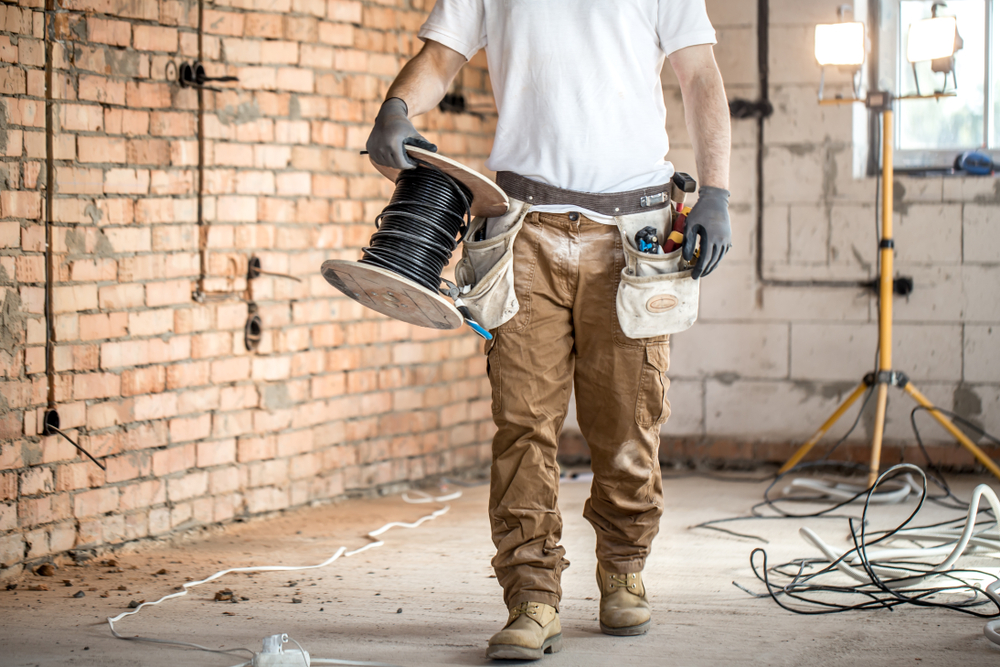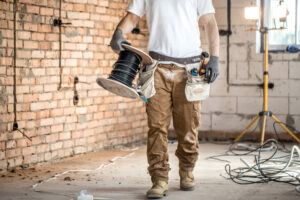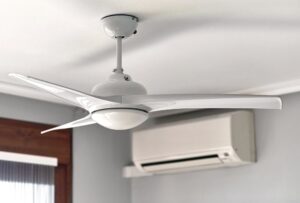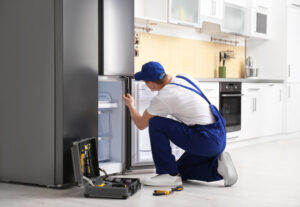Fix your electrical wiring
Replacing or upgrading your electrical wiring before a renovation can be crucial for several reasons.
First, safety is a major concern. If you own an old home, it may have outdated wiring systems, such as knob-and-tube or aluminium wiring, which can be hazardous.
Over time, wiring insulation can degrade and increase the risk of electrical fires or shocks. Ensuring you have a proper ground wire is essential to prevent electrical troubles and ensure safety.
Modern appliances and electronic devices also require more power, so upgrading your wiring ensures that your electrical system can handle the increased load without frequent tripping or overheating.
When it comes to electrical wiring, we suggest using structured wiring systems, conduits, and modular wiring systems as they are designed to accommodate future upgrades with minimal disruptions
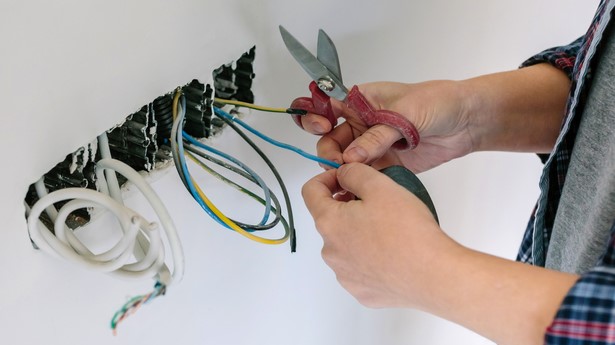
Change the electrical panels and switchboard
If you’re updating your electrical wiring, you might as well upgrade your electrical panels and switchboards.
Modern homes typically require more electricity due to the increased number of appliances, electronics, and smart home devices. Older panels and switchboards might not meet current safety standards and could pose a risk of electrical fires or shocks.
Upgrading your electrical panel and switchboard ensures that your system can handle the higher demand without overloading. It also makes it easier for you to add new circuits and appliances in the future.
Keep in mind that it is crucial to hire professional electrical services for these upgrades to ensure quality, safety, and expertise.
Install Ground Fault Circuit Interrupters (GFCIs)
If your home doesn’t have one yet, include Ground Fault Circuit Interrupters in your electrical renovations.
GFCIs protect against electrical shock by detecting ground faults (where electrical current escapes to the ground) and quickly shutting off power. This is especially important in areas where water and electricity are close to each other, such as kitchens, bathrooms, laundry rooms, and outdoor spaces.
In Australia, Ground Fault Circuit Interrupters (GFCIs) are known as Residual Current Devices (RCDs). They serve the same purpose which is protecting against electrical shock by detecting leakage currents and cutting off power quickly.
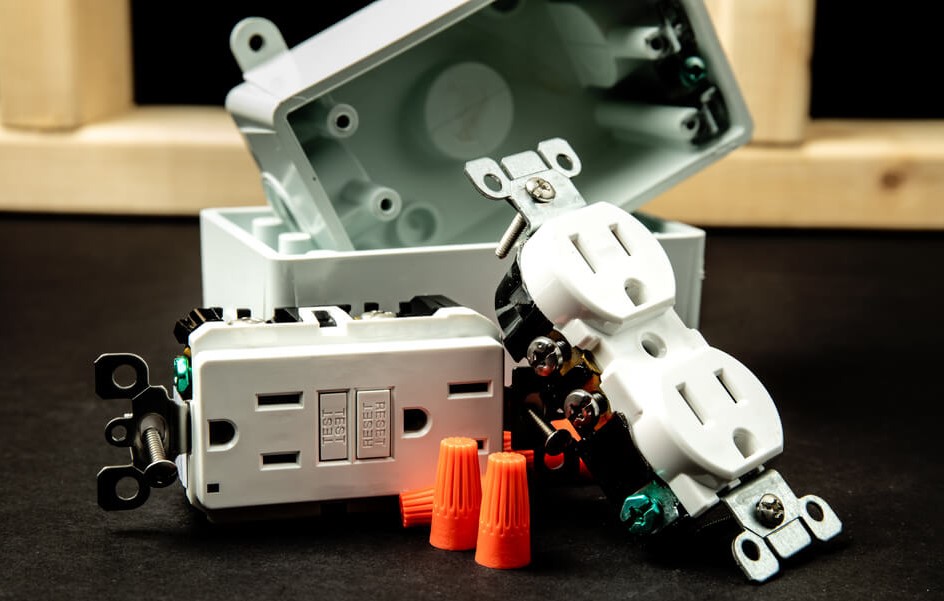
Add more power outlets
Another way to avoid overloading your circuit is by adding more power outlets to your home.
More outlets mean power is distributed safely and efficiently. It also means fewer extension cords and power strips, which can be cumbersome and unsightly. This makes it easier to plug in appliances, gadgets, and devices where you need them.
As a general guideline, ensure living areas have outlets every 3 to 4 metres, kitchens have outlets above countertops every 1.2 metres, bedrooms have outlets on each wall, and bathrooms have at least one GFCI outlet near the sink. Also, don’t forget to use outdoor outlets for your patio spaces.
If you can find power outlets that have USBs, better, for added functionality.
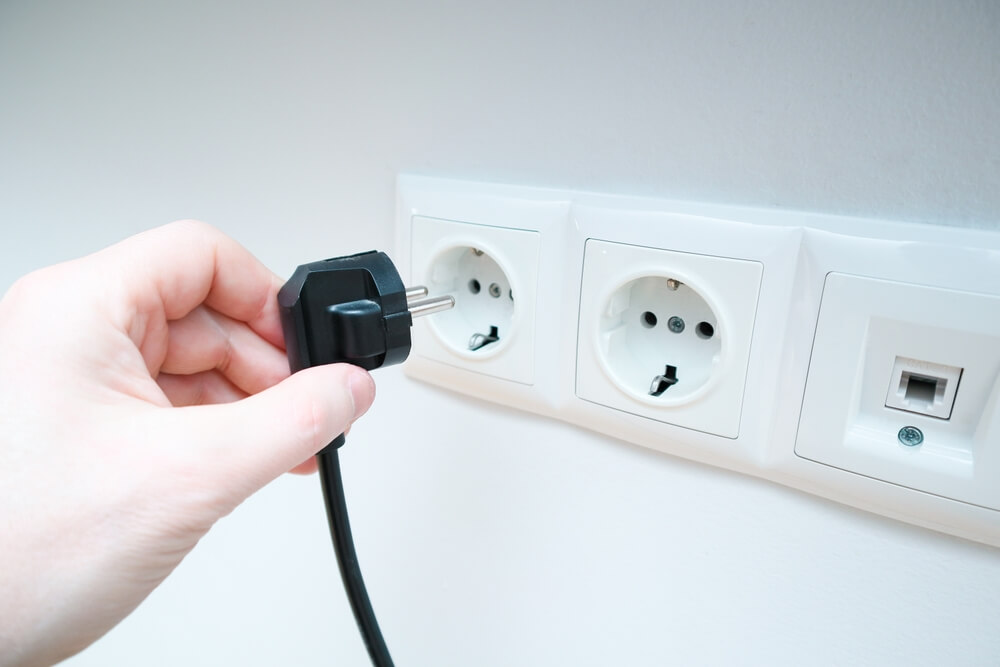
Install Surge Protectors
In a country like Australia where climates can be ruthless, you need surge protectors to protect your appliances from, well, power surges.
Power surges can occur due to lightning strikes, power outages, or fluctuations in the electrical grid. They work by absorbing and diverting excess voltage to protect your electronics from damage.
By preventing electrical damage, surge protectors can also help extend the lifespan of your electronic devices and appliances, saving you money in the long run.
When looking for surge protectors, check the Joule rating. The Joule rating indicates how much energy the surge protector can absorb before failing. Higher joule ratings offer better protection.
Aim for at least 600 joules for general use, but higher ratings (1000+ joules) are better for more sensitive or valuable electronics.

Upgrade To LED Lighting
If your home still doesn’t have LED lighting, you’re living in the Stone Age. Take advantage of this home renovation of yours to upgrade to LED lights.
LED lights are significantly more energy-efficient than traditional incandescent or halogen bulbs. They use up to 80% less energy, which translates to lower electricity bills.
LED bulbs also have a much longer lifespan compared to traditional lighting options. While an incandescent bulb might last around 1,000 hours and a compact fluorescent bulb around 8,000 hours, LED bulbs can last anywhere from 15,000 to 50,000 hours. This means less frequent replacements and lower maintenance costs.
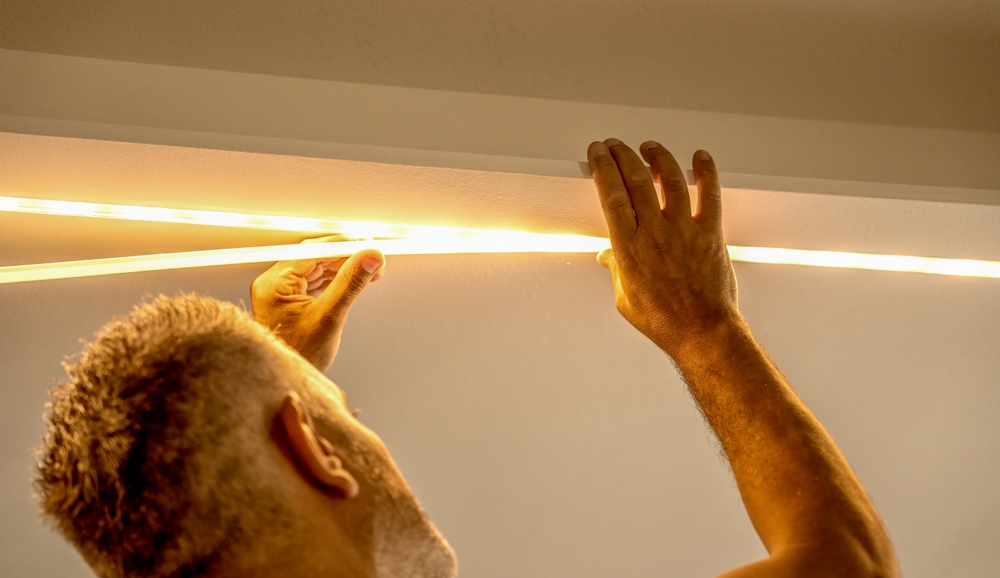
Integrate smart home technology
If there’s one thing the Inner West Sydney electricians agree on, it’s that home renovations should be for the long haul. You shouldn’t just renovate for the sake of it. You should also renovate to future-proof your home.
One way of doing it is to integrate smart tech into your home as it allows you to have a more comfortable and efficient living environment. Below are the smart home technology that we think you can integrate into your home:
- Smart Bulbs and Switches
- Motion Sensors
- Programmable Thermostats
- Cameras and Doorbells
- Smart Locks
- Alarm Systems
- Smart Home Hubs
- Smart Plugs and Outlets
- Smart Appliances like refrigerators, ovens, dishwashers, washers and dryers
- HVAC Systems that integrate with smart thermostats and sensors
- Automated Blinds and Shades
- Smart Garage Door Openers

Install smoke Alarms
It’s no wonder why smoke alarms would make this list. They’re a lifesaver that will keep your family safe and reduce damage to your property. Smart smoke alarms provide early detection of smoke and fire and alert you quickly about the potential danger in your home.
For your peace of mind, ensure they are installed in key areas of your home, including bedrooms, hallways, living areas, the kitchen, garage, and attic.
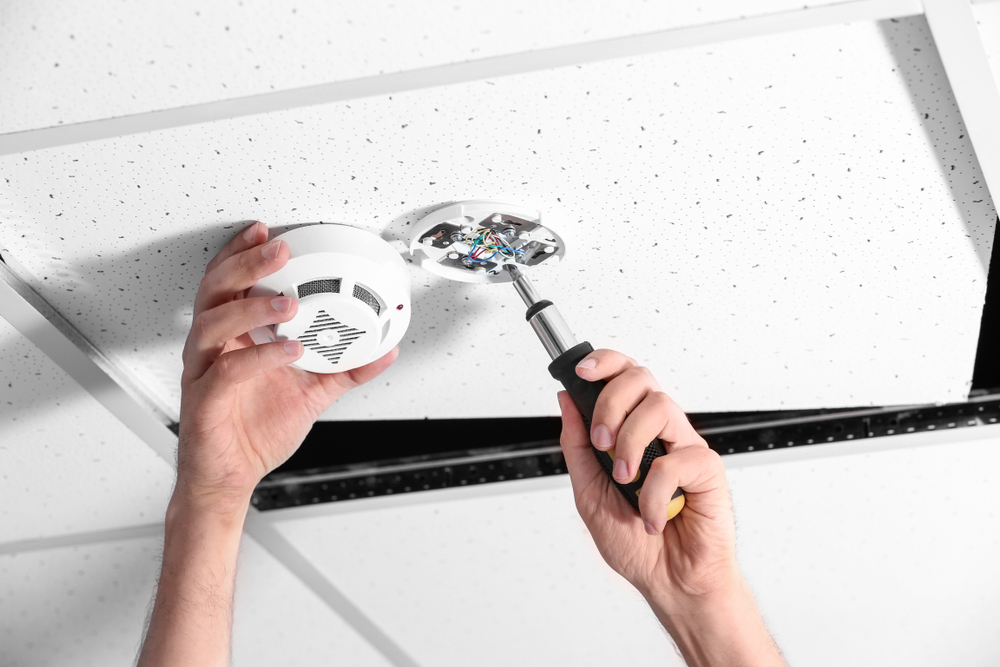
Consider solar panels
If you have some budget to spare, get solar panels for your home.
Solar panels can significantly reduce your electricity bills by generating your own power from the sun. Depending on your location and energy usage, you could potentially cover a large portion of your electricity needs with solar power.
The initial investment for solar panels can be substantial, however, the long-term savings and available incentives can offset this cost over time.
If you plan to get solar panels, make sure to include a battery storage system to store excess energy produced during the day for use at night or during power outages. This can enhance your energy independence and efficiency.
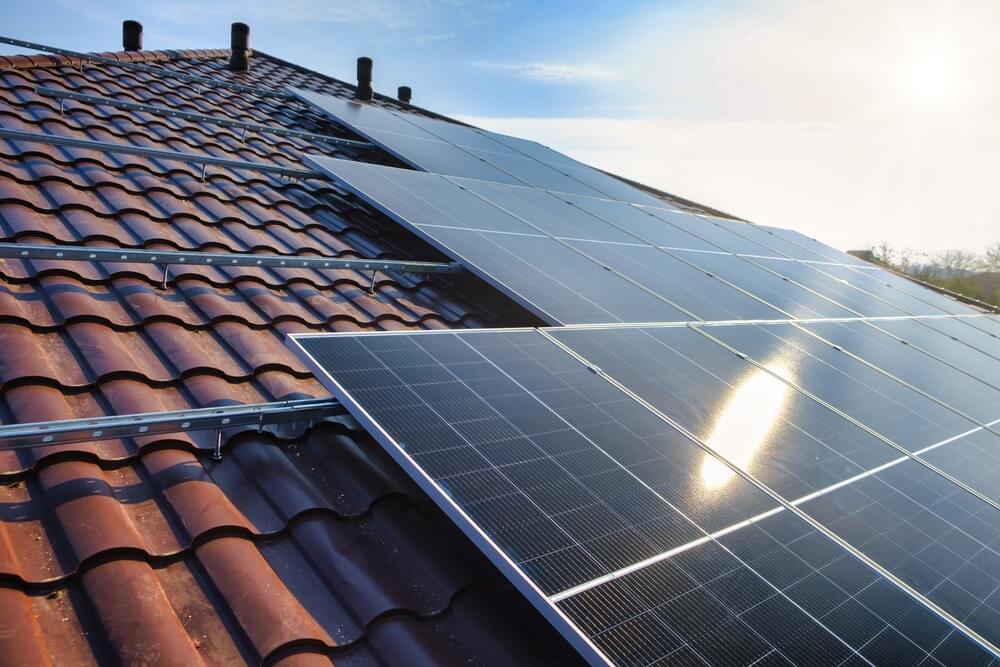
Avoid these common mistakes during electrical renovations
DIY Electrical Work
First off, not hiring a licensed Inner West Sydney electrician is the biggest mistake you can make.
Electrical work can be complex and dangerous if not done correctly. That is why hiring a licensed electrician like Mr Sparky is a must. We ensure that all work is done in compliance with local codes and safety standards.
However, if you still decide to push the DIY electrical renovations, below are some of the mistakes that you need to avoid at all costs.
Not Turning Off the Power First
Working on live electrical circuits poses a significant risk of electric shock or electrocution. So never make this rookie mistake.
Always turn off the power at the circuit breaker and verify with a voltage tester that the circuit is indeed off before beginning any work. This precaution protects you from accidental contact with live wires and ensures a safe working environment.
Not considering your current electrical wiring before taking down or adding walls
Walls often contain essential electrical wiring that powers outlets, switches, and fixtures. Before demolishing or constructing walls, consult an electrician to map out the current wiring.
This step prevents accidental damage to wires, ensures that new walls accommodate necessary electrical installations, and avoids costly and time-consuming repairs.
Not capping unused wiring and appliances
Never leave unused wires and electrical appliances uncapped or exposed. Unused wires that are not properly capped can pose a significant fire and shock hazard.
Always use wire nuts or caps to securely cover the ends of unused wires, preventing them from coming into contact with other wires or conductive surfaces. For unused appliances, ensure they are disconnected and safely stored or disposed of according to local regulations.
Not using a Quality Stud Finder When Drilling
Drilling blindly into walls can result in accidentally hitting electrical wires, plumbing pipes, or structural supports. Buy a quality stud finder before drilling your walls. They can help you locate studs and wires to avoid costly damage.
Not keeping water and electrical appliances far apart
You probably already know that water and electricity are a dangerous combination. So when doing any of the electrical work, always keep electrical appliances, outlets, and switches away from water sources such as sinks, bathtubs, and showers.
In areas where water and electricity are close to each other (like kitchens and bathrooms), install Ground Fault Circuit Interrupters (GFCIs) to provide additional protection.
Not securing cords and wires
Loose and improperly secured cords and wires can create tripping hazards, become damaged, and pose fire risks. Use cable organisers, conduits, or cord clips to keep wires neatly arranged and secured against walls or baseboards. This not only enhances safety but also improves the aesthetic appearance of your home.
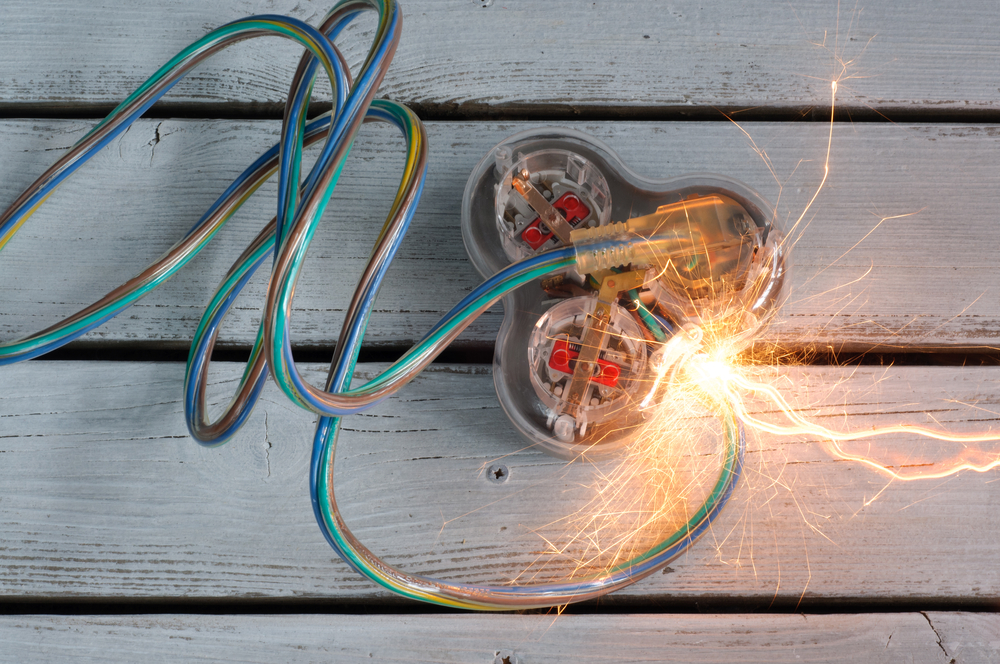
What to do instead: Plan your electrical renovation and hire an electrician in Inner West Sydney
Before any home renovation, always assess your current electrical system first. Assessing the electrical capacity of your home is crucial to ensure it can handle modern technologies.
Create a detailed plan considering your present and future needs and consult with a licensed electrician in Inner West Sydney like Mr Sparky. We can help you identify potential issues and ensure your plans are feasible.
Our renovation electricians can also help you with major electrical work like electrical wiring, and integrating new appliances, lighting, and smart home features seamlessly.


